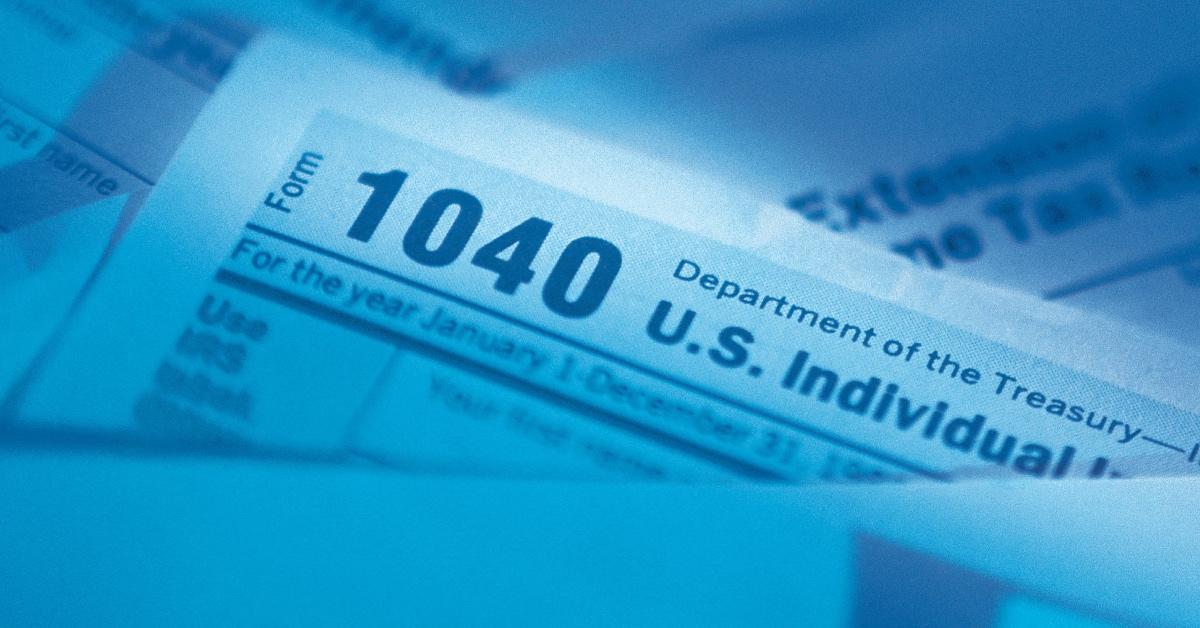Yes, You Can Claim Foster Kids as Dependents on Taxes – Here's How to Do It
Preparing your tax return? If a foster child lived with you for more than half of the filing year and you provided them with financial support during this time, they are legal dependents.
Jan. 12 2022, Published 10:55 a.m. ET

A foster parent is someone who opens their door (and heart) to a child who is unable to live with their birth parents due to some sort of family crisis. A child might be placed in foster care if they were abandoned or neglected by their parents, or if their home is deemed unsafe.
While some children who are placed in foster care are simply in need of temporary changes until their birth parent(s) can reclaim their role, others stay in the system for longer. If you’re a foster parent and you’d like to claim your child as a dependent on your taxes, here’s how you can do it.
How do you claim your foster kids on taxes?

If your foster child was placed under your care by a placement agency, government agency, or by court order, you should be able to claim them as a dependent on your taxes, according to TurboTax. However, these four tests must be met for a foster child to be considered a “qualifying child.”
1. Relationship
If a foster child is placed under your care by an authorized placement agency or you assumed the role of their parent as a result of a court order, you pass the relationship test.
2. Age
To meet the age requirement, your child must either:
- Be under the age of 19 at the end of the filing year and younger than you. If you’re filing married filing jointly, then they must be younger than your spouse.
- Be a student under the age of 24 at the end of the filing year and younger than you and your spouse, if filing together.
- Deemed permanently and totally disabled at any point during the filing year. For this, age is not a factor.
3. Residency
If the child was placed under your care and they lived with you for more than half the year (183 days or longer) and you provided them with financial support during this time, you meet the residency requirement, according to the tax experts at TurboTax.
4. Support
The support test can also be passed as long as you can show that you provided more than half the support for your child for the filing year.
The IRS makes claiming both adopted and foster children easy as they “are treated the same as biological dependents for tax purposes,” according to H&R Block.
Married couples who parent a foster child need to be aware of this when claiming them as a dependent on their taxes.
When claiming a foster child as a dependent on your taxes, remember, only one person can claim them. If you are married filing jointly, then together you and your spouse can claim the child. However, if you and your spouse use the "married filing separately" status, then only one of you can list the child as a dependent on your tax return.
Are foster parents able to collect the Child Tax Credit (CTC)?
In most cases, families who have a qualifying child are eligible to collect the CTC (Child tax Credit), according to the IRS. If you passed the tests stipulated above, your child is likely considered a “qualifying child,” which means you are entitled to collect the child tax credit.
In the past, the child tax credit was up to $2,000 per qualifying child, however, in 2021, the child tax credit was raised to $3,000 per child between the ages of 6 and 17, and $3,600 per child under the age of 6.
In 2021, families who were eligible to receive the CTC were able to collect up to half of their payments between July 2021 and Dec. 2021. The remaining half can be collected when filing 2021 tax returns. If you want to claim your foster child as a dependent on your tax return, you can do so by listing them as such.
